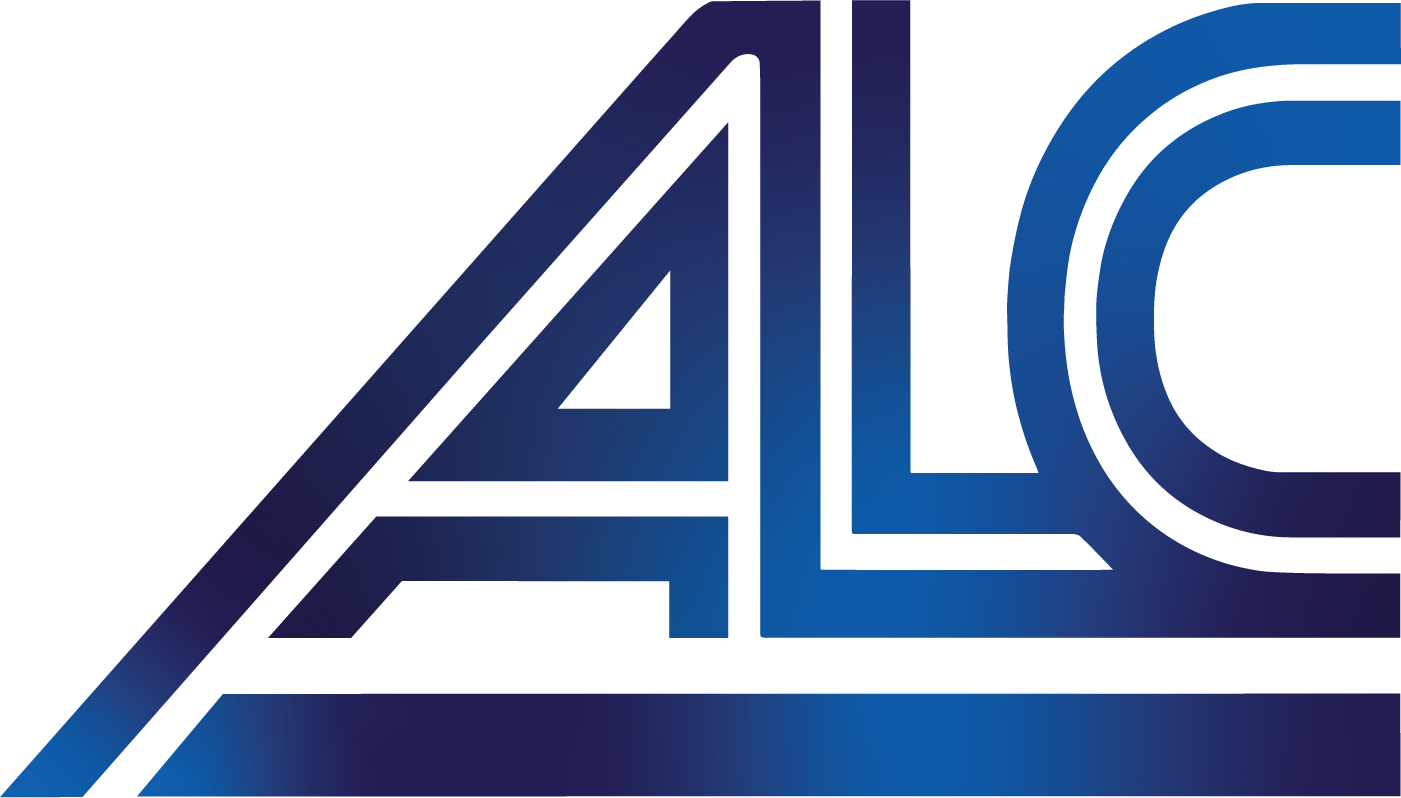5 Key Takeaways From the Latest Congressional NIL Hearing
Politicians aren’t known for finding much common ground lately, but the members of the House Energy and Commerce Subcommittee on Innovation, Data, and Commerce were unanimous in their support for more transparency during today’s hearing on NIL deals in college sports. Read on for our takeaways from the three-hour fact-finding session.
#1 “True NIL” deals are a game-changer for student-athletes
One of the most common criticisms of college NIL deals is that they create a system that rewards only a few athletes in revenue-generating sports like football. But, despite the multi-million deals that get the most media coverage, many NIL deals are simply helping students to avoid or minimize college debt and—hopefully—start a nest egg for the future.
Kaley Mudge, a partial-scholarship softball student-athlete from Florida State University (FSU), testified that her NIL deals through the FSU collective have allowed her to cover her tuition and rent and begin saving toward her next goal: nursing school.
#2 NIL transparency can level the playing field
Most NIL athletes are understandably tight-lipped about what they get paid. Other than publicized baseline collective deals, the lack of information surrounding what different categories of athletes are paid makes it harder for everyone to calculate their fair market value. That leaves student athletes vulnerable to the whims of agents and brands, who may have ulterior motives.
Creating systems to aggregate and analyze that information would help protect NIL athletes from bad actors and empower them with data to negotiate fair NIL deals.
#3 Technology is critical to equitable NIL deal management
Students at schools with in-house NIL specialists have an automatic advantage over athletes at colleges with less funding. Dr. Makola M. Abdullah, President of Virginia State University, testified during the hearing that athletics at his school are “a true extracurricular activity driven by student fees.” The students are “not scared to compete against anyone,” but a Division II HBCU doesn’t have the same resources that a Division I school can afford.
Another common refrain throughout the hearing was education: Mudge testified that she was “nervous” about eligibility when NIL first became available to her and mentioned the access to the compliance staff at FSU (a Division I school). This is another area where tech-supported NIL education could bridge the divide, giving every student the information they need to determine whether an NIL deal is in their best interest.
#4 Collectives, conferences, and athletic departments benefit from NIL automation software
NIL deals are complicated and can include issues of contract law, intellectual property law, tax law, individual school policies, and more. It’s simply not practical to expect collectives, conferences, and athletic departments—much less student-athletes—to understand the ins and outs of every deal. Players within the NIL system need technology to fill the knowledge void, and they need it now. The consequence of failing to act in securing NIL management support is going to fall disproportionately on students, who lack the resources to get this information on their own.
Jennifer Heppel, Commissioner of the Patriot League, testified that her conference purchased a disclosure platform to serve their members because they represent schools in four states with a variety of laws and rules specific to their service academies. These types of software solutions, like ALC’s Gameday NIL, are going to be necessary as NIL expands.
#5 NIL athletes need financial education
Most people don’t understand tax law. That’s why we have accountants, tax attorneys, and a multi-billion-dollar tax software industry. NIL athletes need access to financial education that can help them understand know they’ll earn from a deal, what tax estimates they owe, and whether they can continue filing as a dependent with their parents or guardian.
Former NFL player Trey Burton highlighted this point during the hearing, noting that he even enrolled in a tax course in school but, as a rookie, didn’t understand why he only received $7,000 of a $10,000 signing bonus. While Burton said that his team was ultimately able to explain the tax withholdings, NIL athletes are unlikely to have that kind of staff on hand. That’s just one of the reasons ALC partnered with Financial Finesse to support student athletes’ financial literacy.
NIL deals hold tremendous opportunities for athletes, but the system isn’t sufficiently regulated. Federal legislation, if it even happens, will take time. Luckily, ALC is here now, and our mission is to drive transparency and compliance into the market with our end-to-end NIL operational platform for all stakeholders. ALC’s technology can be a force multiplier for departments and collectives by helping athletes stay on top of their obligations, requiring proof of work to avoid pay-to-play accusations, and establishing an auditable trail to prove that every deal is legitimate.
We believe that when transparency is paired with easy-to-use technology, NIL opportunities will be limitless.
- By Nikki Cary





